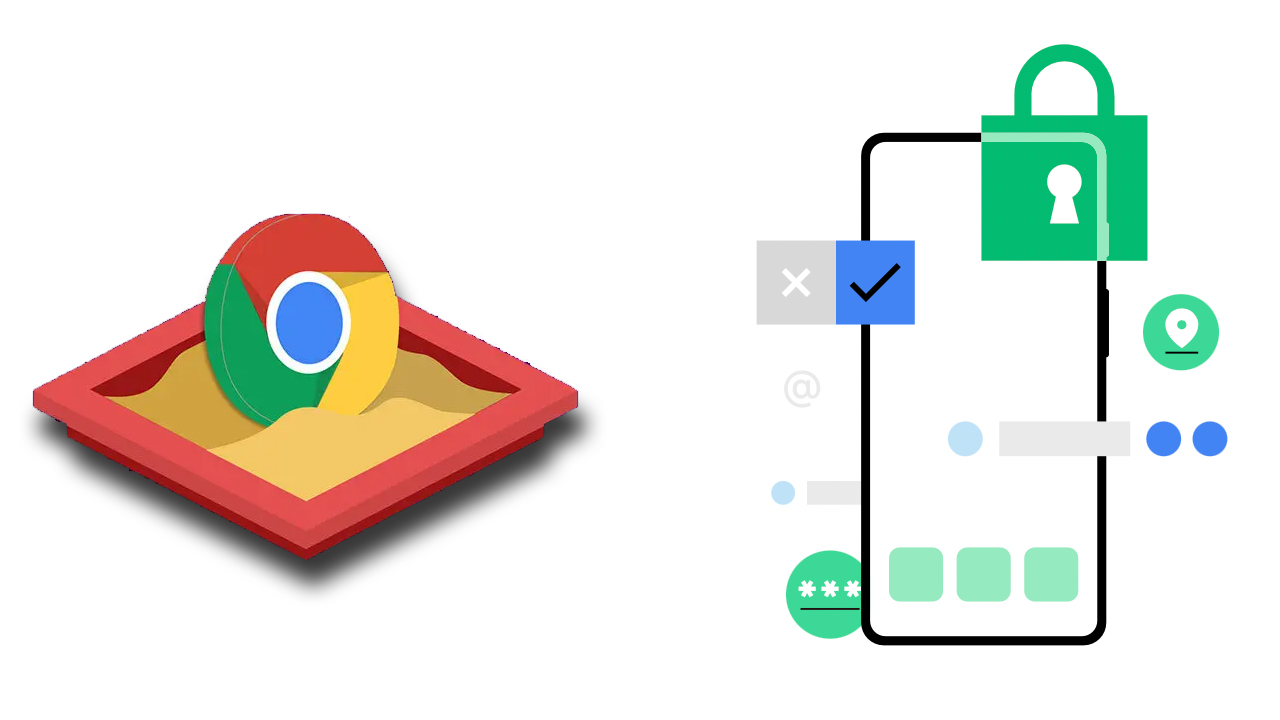The world of online advertising and marketing is constantly evolving, and the latest change to hit the scene is the phasing out of cookies.
Cookies have long served as the backbone of digital advertising, enabling companies to monitor consumer behavior and direct their advertisements to the right target audience. However, with growing worries over privacy and data security, the use of cookies is now being phased out.
This change started with the European Union's regulation of tracking cookies through their GDPR law way back in 2016. This data protection law put cookies and how they are being utilized in the spotlight for quite a while, and with all of that attention came a lot of critiques about third-party cookies and the practices behind them.
Some popular browsers have already started phasing out third-party tracking cookies in the past few years, but with the recent announcements by Google, Chrome, the probably biggest browser on non-mobile devices will do the same in 2024!
But as with anything it is important to note that not everything is black and white and there are a lot of things left unsaid. In this article, we will try to better explain the reasons behind the change, how it will impact the industry, and what affiliates can do to mitigate all of it!
What are cookies?

So, what exactly are cookies and why are they being phased out?
Cookies are tiny text files that are stored on a user's device whenever they visit a website. These files contain information about the user's browsing history and preferences, which can then be utilized to personalize advertisements and marketing campaigns. However, the increasing popularity of privacy-focused browsers and enhanced privacy regulations have made the use of cookies increasingly restricted.
It's vital to differentiate between the two types of cookies, as they are not all alike. Currently, it is third-party cookies that are being phased out, while first-party cookies are expected to remain unchanged or undergo only minor changes. Knowing the distinction between these two types of cookies is essential to comprehend the future of online advertising and marketing.
First Party Cookies
First-party cookies are cookies set by the website that a user is visiting. For instance, if a user visits Amazon.com, Amazon would set a first-party cookie on the user's device.
These cookies are utilized to remember user preferences, such as items in their shopping cart, and to provide a personalized experience. Since first-party cookies are set by the website that the user is directly visiting, they are considered more secure and less intrusive than third-party cookies.
Third-Party Cookies
Third-party cookies, on the other hand, are set by a domain that is different from the one the user is visiting. For instance, if a user visits a website that displays advertisements from Google AdSense, Google would set a third-party cookie on the user's device.
These cookies track a user's behavior across multiple websites and deliver targeted advertisements. Because third-party cookies are set by domains other than the one the user is visiting, they are considered less secure and more intrusive, which is why they are being phased out.
Despite the rising trend towards privacy-focused browsers and increased privacy regulations, first-party cookies are still seen as a secure and non-intrusive way to offer a personalized experience to users.
Additionally, many companies are using first-party data to inform their marketing campaigns and make more informed business decisions. As a result, first-party cookies are likely to remain an important tool for businesses in the world of online advertising and marketing.
First-party cookies and third-party cookies serve different purposes and have different levels of security and intrusiveness. While third-party cookies are being phased out, first-party cookies are here to stay, providing businesses with a secure and non-intrusive way to personalize the online experience for their users.
What Does This Mean For The Marketing Industry?
For affiliate marketers, the phasing out of cookies will likely mean a shift towards more data-driven, personalized marketing campaigns. Marketers will need to become more creative and innovative in their approach to targeting consumers, leveraging new technologies and data sources to reach the right audience.
Additionally, affiliate marketers will need to become more transparent and upfront with consumers about their use of data and ensure that their campaigns align with privacy regulations.
If done properly, with adequate replacements, your campaigns will be able to keep on running without major interruptions and you can continue to work as you did before!
What Will Replace Them?
Marketing is one of those industries that manage massive revenues yearly and thus, there is a lot of innovation and optimization that helps marketers stay a few steps ahead of regulations and changes. Since most advertising platforms realized early that cookies will be phased out, they developed all sorts of solutions to this issue. Here are some of the most important ones!
- Privacy Sandbox

Google as probably the biggest online advertiser in 2023, realized that things are changing quite early, so they started developing a solution to this problem a long time ago. The so-called “Privacy Sandbox” is what they came up with!
In the quest to make tracking of users more advanced, private, safe, and secure, they created a system that improves upon these aspects and makes tracking better all around. It supposedly aims to prevent invasive tracking that users might not be aware of that span different platforms and websites. But how does it work?
Well, the exact details are still under wraps, but the general idea is as follows. It utilizes a Federated Learning of Cohorts (FLoC) algorithm that groups users into large cohorts (groups) based on similar interests, habits, and characteristics. This way users are not treated individually but as a group, which limits most of the specific tracking and privacy breaches that groups are advocating for.
To make sure that there are no shady backdoors to all of this, Google is planning to make their Privacy Sandbox completely open source, so everyone can make sure that their promise is fulfilled and add improvements and variations to the core as needed!
- Zero Party Data
Unlike other methods of collecting data, with zero-party data, the customer decides to share information with advertisers voluntarily. This way consumers can make decisions about what brands to share their information with based on policies, data handling, etc.
Collecting this data is the hard part as not everyone is willing to share most info (if any) with advertisers. Currently, a lot of advertisers have found success in offering users fun and easy-to-complete quizzes. The questions asked are very specific and help advertisers gain a better image of the potential customer for future advertising needs.
You can often see this with brands that ask you specific questions about what you use their products with, what results they expect, and how much you are interested in paying, and then they offer users ads with products or services that might fit their needs.
- Social Media Ads
Without third-party cookies, finding the right target audience, demographics, gender, location, etc is quite hard. But luckily social media ads have all of this information already presented to advertisers, which makes this a whole lot easier!
All of the popular social media ad platforms even have options for lookalike audiences that can help you find people similar to your customers and hopefully boost your sales in no time!
- Fingerprinting
The last solution that has been gaining traction recently is the use of browser fingerprinting. This is a controversial tactic that has been described as “shady” and “sketchy” by online privacy groups. Fingerprinting enables companies to track a user's online activity without the use of cookies.
It analyzes anything it can about a user and creates a unique profile (fingerprint) for each user that tracks them over the web as best as it can. This method is usually used as a quick fix for the lack of cookies, but due to backlash by various companies and users, it is likely to be phased out completely in a few years.
Conclusion
The future of online advertising and marketing may be without third-party cookies, but this doesn't mean that affiliate marketing is going anywhere. Advertisers and platforms have already managed to create alternatives and solutions that are certain to help with this problem.
By embracing new technologies and innovative approaches, affiliate marketers will continue to drive conversions and generate revenue for businesses. It's an exciting time for the industry. The changes to come will bring new opportunities for growth and success.
How will the cookieless future impact your business? How are you planning on mitigating it? Share your experience with us in the comments below!
Please log in to Facebook to access the comments section